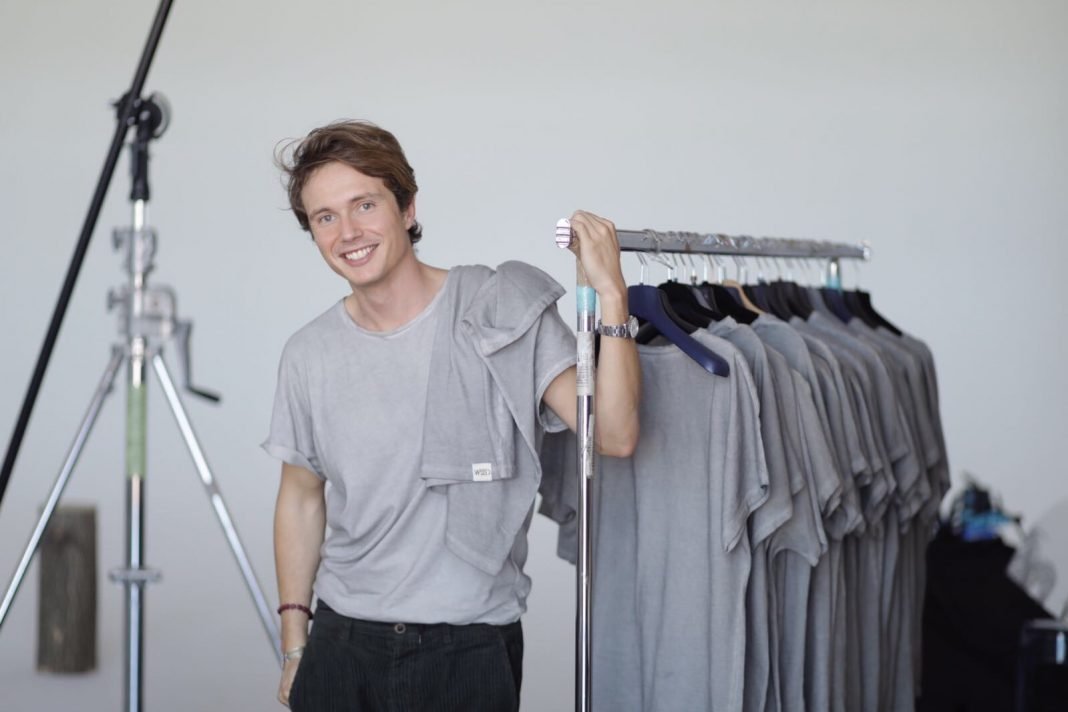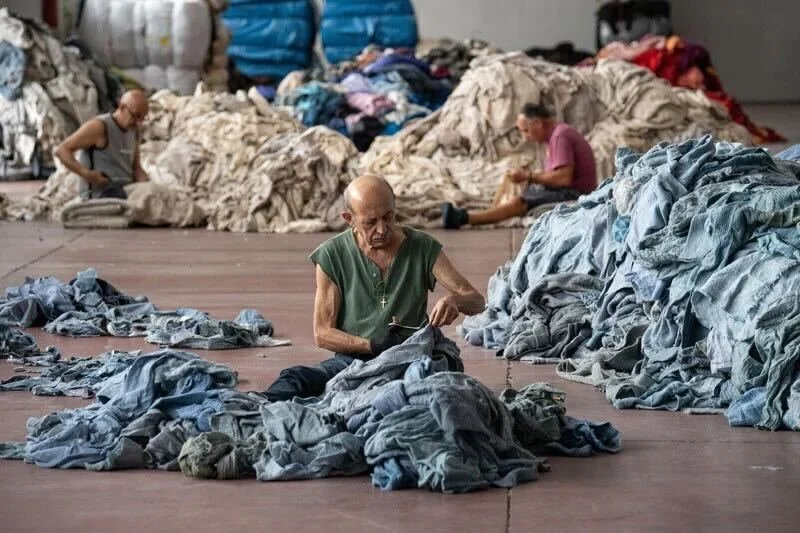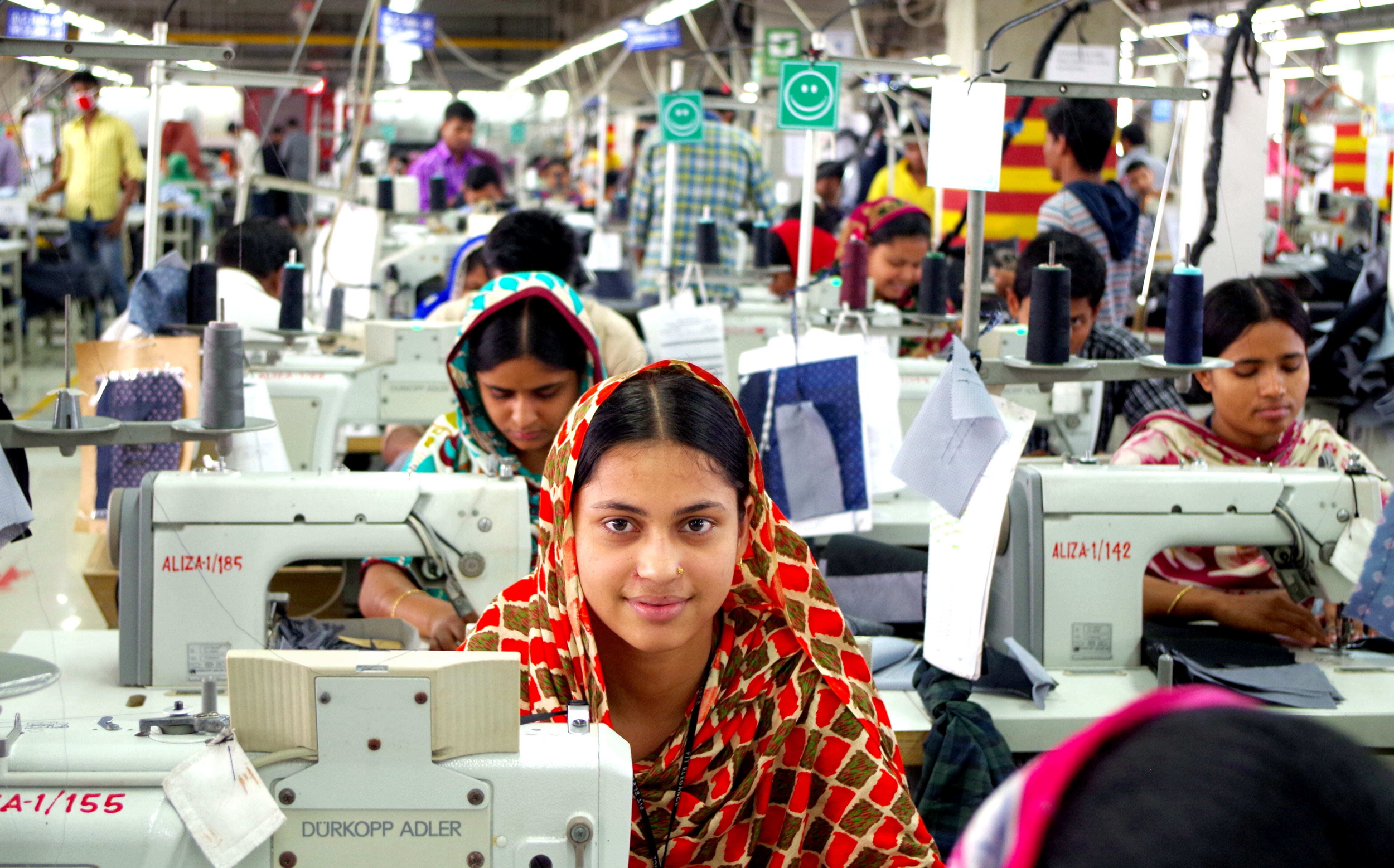Education. Innovation. Design. Build a responsible brand in 3 steps
Jan 12, 2022
Never put the product first: Matteo Ward inspires to challenge the status quo of the fashion industry.
HOW TO ENGAGE YOUR COMPANY IN A POSITIVE CHANGE?
The decision to launch Between Conscious Program is driven by the mission to ease a change in the fashion industry.
BETWEEN consultancy supports the process to focus on values and integrating them into the corporate identity, and to find the best professionals with high-level team scouting.
Sometimes all you needed was some inspiration: Between Conscious Program, therefore, started a journey to show you how diverse can be the range of impactful changes that professionals are able to bring in.
Meet the professionals and discover all the possible routes in the journey to sustainability.
Challenging the Status Quo - Matteo Ward
Matteo Ward is an entrepreneur, activist, keynote speaker, and sustainable innovator. After six years in the industry working in high-level positions for a big fashion brand, he decided to address the social and environmental impact of fashion.
With his start-up WRAD, Matteo Ward has been able to support and inspire others to challenge the non-sustainable status quo of the fashion industry through education, design, and innovation. Textile innovation has been at the forefront of WRAD’s development, although his project began as an educational movement to inspire people, and it is now transforming towards a sustainability consultancy for big brands and other entrepreneurs.
With WRÅD won the Best of the Best RedDot Design Award, made it to the final of Green Carpet Challenge Awards, was selected by the ADI Design Index, and finalist at the “Compasso d’Oro” 2019. As a sustainable fashion advocate, Matteo Ward is also a member of Fashion Revolution Italia and is a selected expert for the topic of textile traceability for the United Nations.
The wake-up call
“One day in 2015, I decided to quit my job to challenge the status quo and co-found WRAD, raise awareness, work with NGOs like Fashion Revolution, give people tools to catalyze change and activate revolution. The turning point for me was a specific year: 2013 when we had the Rana Plaza collapse in Bangladesh. So my first reaction was personal. My father was actually right there in Bangladesh when that happened. So, after the personal check, you come to a professional check: What are we doing? How do we put, you know, the lives of millions of people behind the commercial purposes of the companies of the industry?
It took me a couple of years to make that change happen. But in 2015, it did offer my resignation and started a complete change-life journey into the world of sustainability”.
Learning by doing
“We didn't have a specific school that taught us what to do. We started volunteering for a lot of NGOs, and a lot of scientific research labs helped us understand. My economics background helped build all of this knowledge into a business plan that later helped us structure WRÅD as the company that it is today. But I feel like every day we're learning: there's no expert in the field of sustainability”.
Never start from the product
“When you are consulting for sustainability, I think the most important thing is helping companies understand where a starting point can be in relation to the function that they have in society and within the limits of environmental responsibility. Once you define the starting point, then you gradually define milestones.
So I would say that in a consultancy process education is step number one, innovation, supply chain, methodology and strategies, are step number two. And finally, step number three is actually the product.
If you design a company and you design the culture of the company in a way that they can embrace and embed that responsibility to their day to day operations, then your product will automatically become more responsible for social and environmental standards”.
Education is king
“We need to inspire a new generation of leaders that will step into big roles in these fashion corporations or start their own companies with business models that are revolutionary compared to the linear model that we've been following for the past centuries. This is what we aim to achieve with the School of WRÅD that we're just launching. It was a sort of natural step to take for us, as we started in 2015 with an educational program.
In the past years, we voluntarily worked with many high schools and many universities, bringing workshops around the field of responsible fashion from a social-environmental standpoint. With the School of WRAD, we will scale the impact of our activities bringing all that content on a digital platform. And the cool thing is that by purchasing one course on the platform, we're giving another course for free to less fortunate students in countries that don't have access to the same resources”.

















